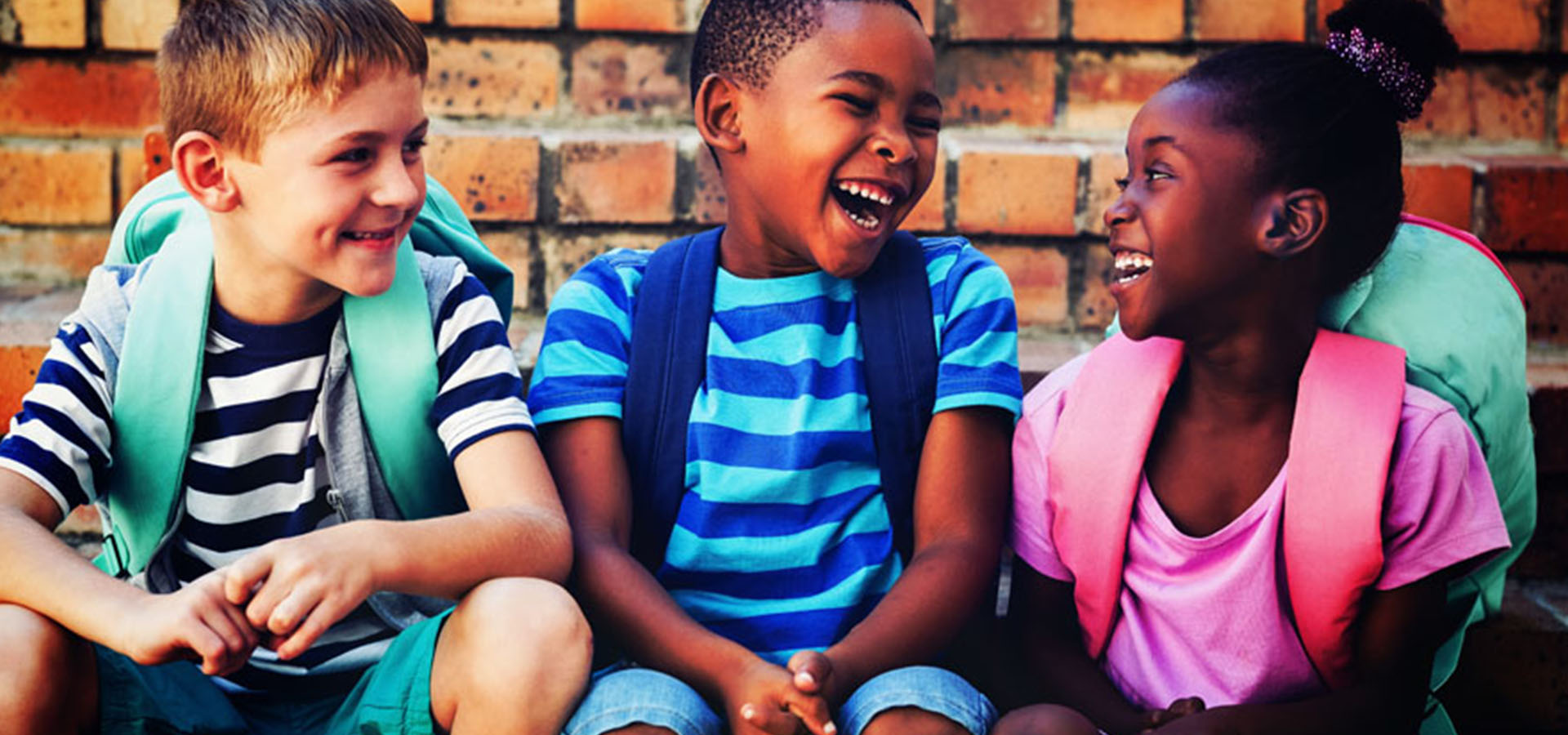Social and emotional development typically lasts from early childhood through school-age, and it is easy to see how these skills, which will be discussed later, continue to be honed throughout a lifetime. This page serves as the natural continuation of the “Social Emotional Development” page from our Early Childhood focus area into school age.

School is a hub for learning information just as importantly as it is a place for social interaction, where students learn how to interact with other students and adults. They learn how to behave in various situations, make friends, and develop trust. Thus, school is not only a place for students to learn to read and write, but it is also one of the most important places for them to learn social skills and discover and manage their emotions. Adequately developing these social and emotional skills during school age is vital for many different metrics of success later in life.
To get a sense of what we mean by social and emotional skills, check out this article from Psychology Today, which also explains the importance of these skills. These skills take time and are difficult to develop, especially for students with disabilities, so it is important to create individualized social and emotional goals. Moreover, these skills are becoming increasingly popular in school curriculums, but there remains a gap as to how to teach social and emotional learning (SEL) to students with disabilities. Please browse this section for more information and resources about social and emotional development.

